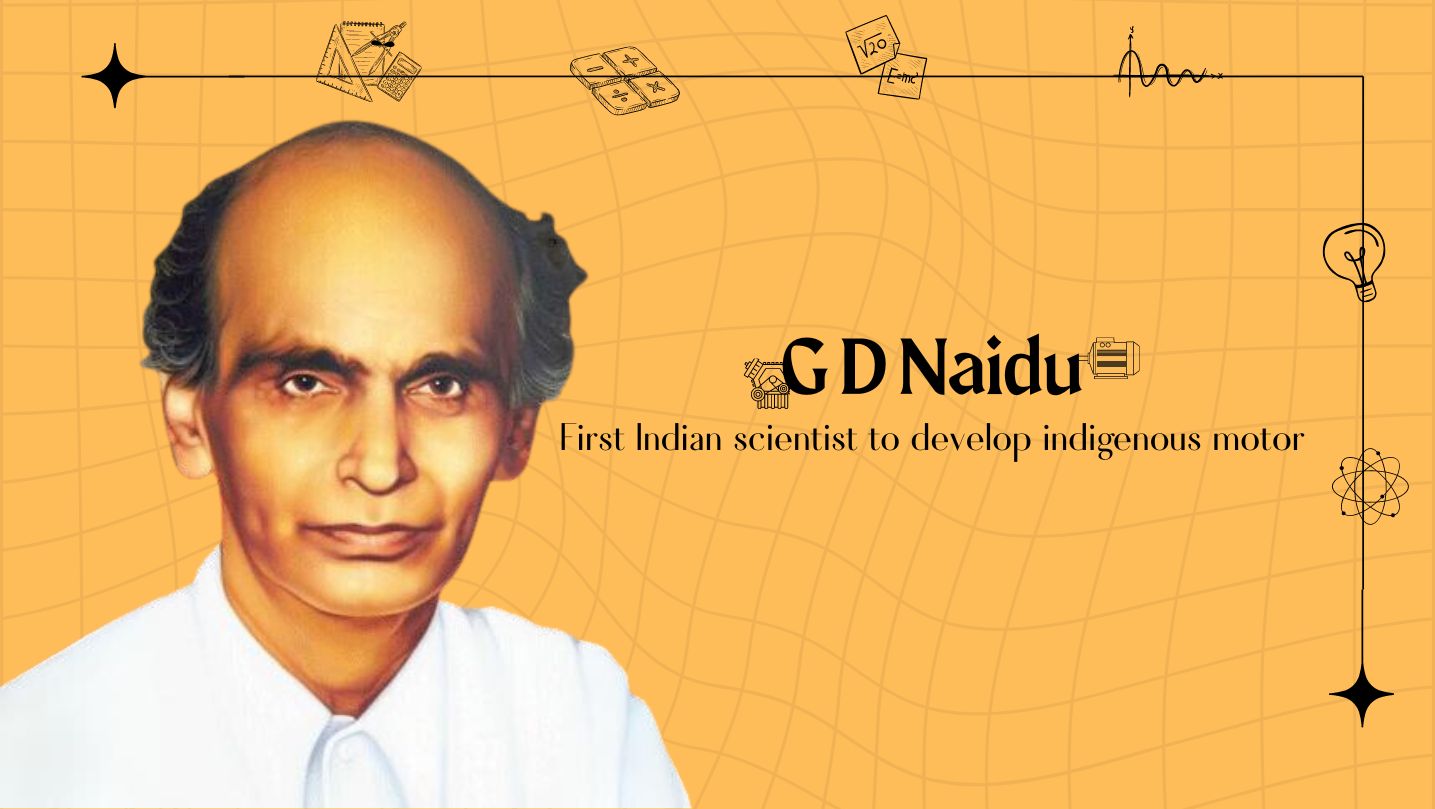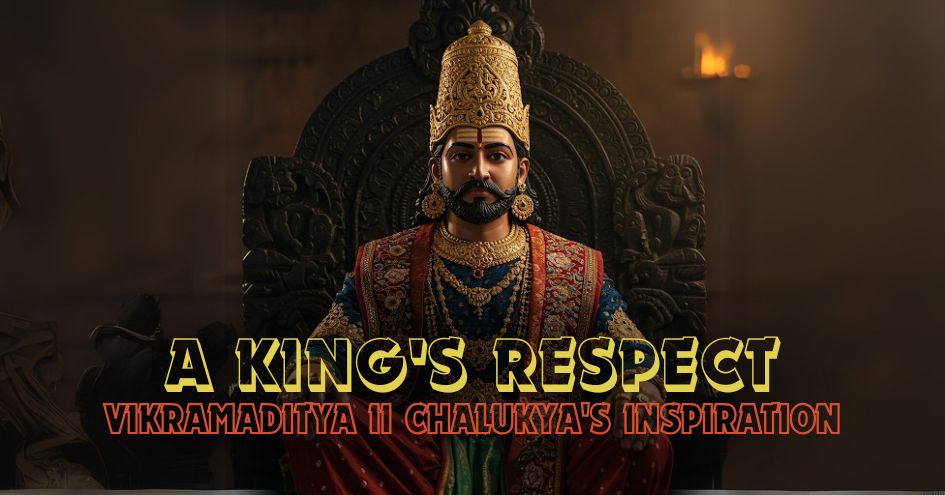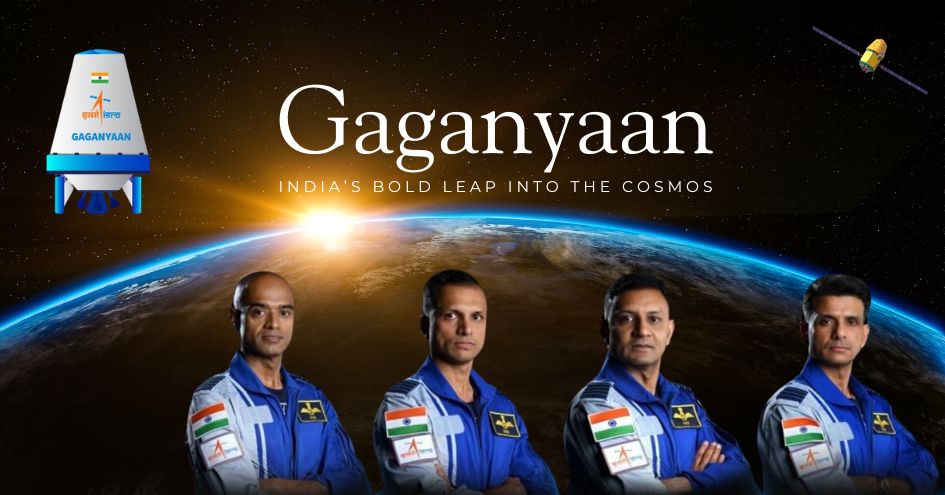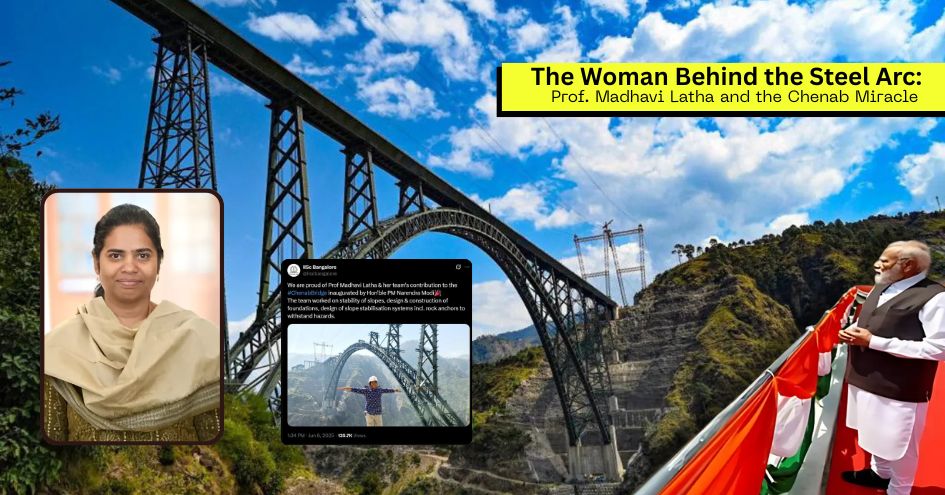
Gopalaswamy Doraiswamy Naidu, widely known as G.D. Naidu, was a pioneering inventor and engineer hailing from Tamil Nadu, India, recognized as the Edison of India. Born on March 23, 1893, in Kalangal, Coimbatore, he emerged as the first Indian scientist to develop an indigenous electric motor, marking a significant milestone in the country's technological history.
Despite receiving only primary education and a penchant for mischief during his early school years, Naidu's innate curiosity and determination led him to a remarkable journey of innovation. His foray into the world of mechanics began when he worked as a waiter to save money for a motorcycle. Subsequently, he dismantled and reassembled the vehicle, igniting his passion for mechanics. In 1920, Naidu initiated his transport business with the acquisition of an automobile coach, which eventually grew into the highly efficient fleet of the Universal Motor Service (UMS), connecting Pollachi and Palani.
The pinnacle of Naidu's contributions was marked in 1937 when the first Indian-made motor rolled out of his factory, "NEW" (National Electric Works) in Peelamedu, Coimbatore. Not confined to motor manufacturing, Naidu's inventive spirit extended across various domains, encompassing thin shaving blades, a distance adjuster for film cameras, a fruit juice extractor, a tamper-proof vote-recording machine, and a kerosene-run fan.
Naidu's entrepreneurial ventures included the establishment of several factories such as Universal Radiators Factory, Gopal Clock Industry, Coimbatore Diesel Products, Coimbatore Engineering Private Limited, Coimbatore Armature Winding Works, UMS Radio Industry, and Carbon Manufacturing Industry. For each new invention, Naidu initiated a corresponding company, contributing to job creation and economic development.
Beyond his technological pursuits, Naidu also engaged in farming activities, showcasing his versatility. Known for his philanthropy, he announced several welfare measures for research scholarships and initiatives benefiting his employees and marginalized sections of society upon his retirement in 1944. Notably, he played a crucial role in founding India's first Polytechnic College in 1945, later named The Government Polytechnic of Coimbatore.
G.D. Naidu's impact extended to his association with eminent personalities. He captured images of notable figures during his global tours, including Mahatma Gandhi, Subhash Chandra Bose, and Jawaharlal Nehru. Additionally, he held a deep respect for Sri Guruji Golwalkar, the second Sarsanghachalak of RSS.
Naidu's life came to an end on January 4, 1974, leaving a legacy that transcends his humble beginnings and limited formal education. His story remains an enduring inspiration, emphasizing the importance of dreaming big, taking risks, and dedicating one's success to the betterment of others. His timeless message to the youth encourages a lifelong pursuit of knowledge, earning, and selfless contribution for the welfare of society.
 Dakshinamurthy is a scholar and researcher of Indic themes and a contributing writer of The Verandah Club
Dakshinamurthy is a scholar and researcher of Indic themes and a contributing writer of The Verandah Club
NEXT ARTICLE

Indian History is rife with conflict between kings for power, territory and regional supremacy. We have seen instances where kings have made it a poin...

"Saare Jahaan Se Accha, Hindustan Hamara!"These immortal words, spoken by Squadron Leader Rakesh Sharma from the vast expanse of space in 1984, When t...

High in the rugged, unforgiving terrain of Jammu and Kashmir’s Reasi district, where the Chenab River slices through deep gorges and the Himalayas loo...